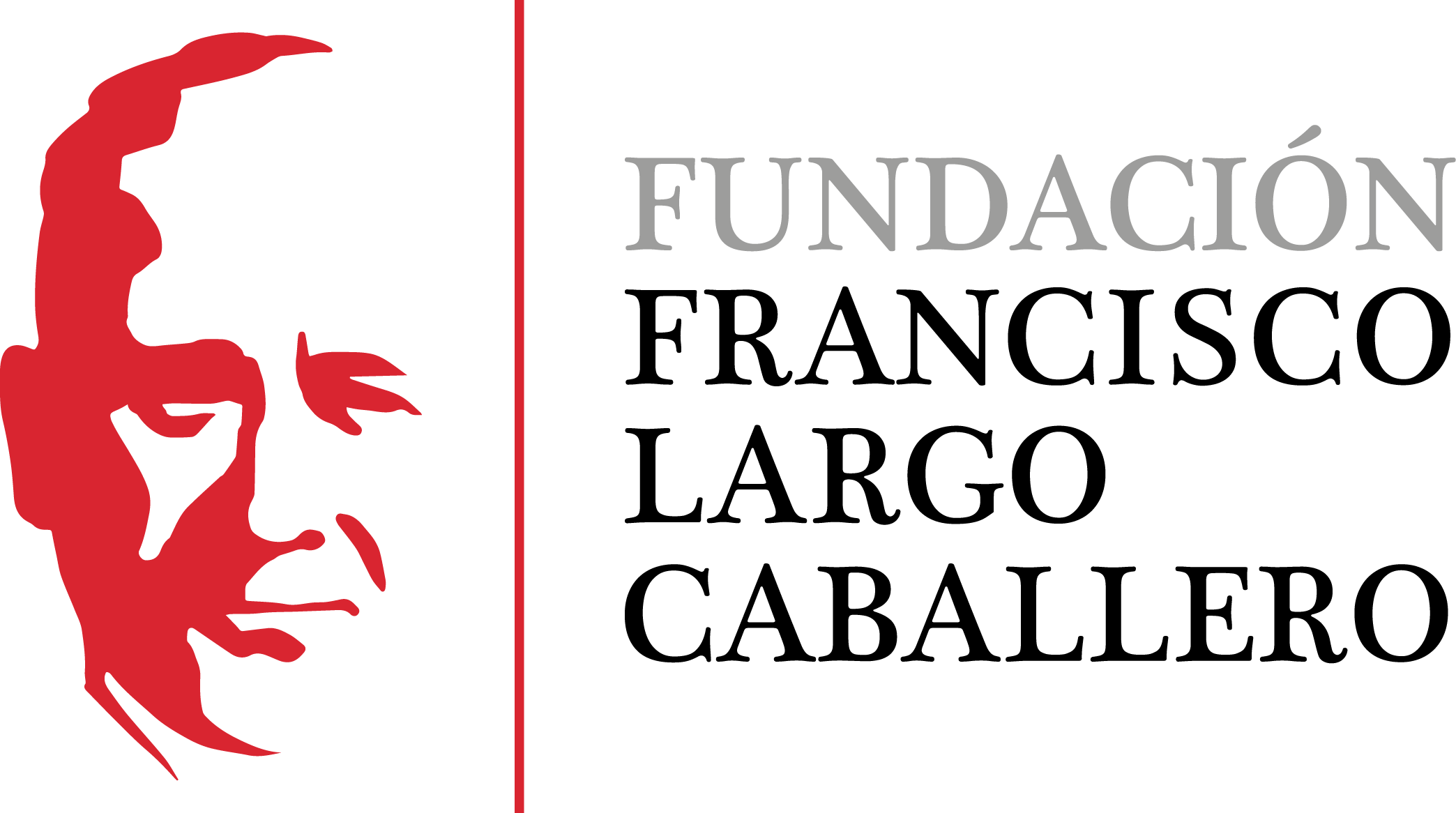The dialectics of transition. From equality in the colonial empire to citizenship in the liberal nation. Spaniards, caste and territory in the Cortes (Parliament) of Cádiz
Spaniards, castes and territories in the Cortes of Cádiz
DOI:
https://doi.org/10.69791/rahc.275Keywords:
Representation, territory, citizenship, coloniesAbstract
This paper considers the important debates that took place at the foundational process of the Spanish liberal nation, when the vast colonial empire of an Ancien Régime monarchy tried to change into a state based on representation of both its citizens and its territories. The double dilemma of defining citizenship and organising the territories according to the liberal principles constituted the core of those debates. All inhabitants of the lands under Spanish rule were declared to be Spaniards with equal rights, but not all of them were given political citizenship. On the other hand, slavery and the American caste system became controversial issues, due to their widespread social and political repercussions. Equal representation of all territories conforming the State of the Spanish nation was the other main source of tension between Spanish and American representatives. Some federalist ideas were suggested, but they never succeeded.
Downloads
Global Statistics ℹ️
|
101
Views
|
31
Downloads
|
|
132
Total
|
|
Downloads
Published
How to Cite
Issue
Section
License
Copyright (c) 2007 Juan Sisinio Pérez Garzón

This work is licensed under a Creative Commons Attribution 4.0 International License.
Alcores is an open-access journal. It provides unrestricted access to its content from the moment of publication. We respect intellectual property rights, and for this reason, the author retains the copyright. All content is distributed under a Creative Commons Attribution 4.0 International (CC BY 4.0) license. The terms of the license can be consulted at: https://creativecommons.org/licenses/by/4.0/
This license allows sharing (copying and redistributing the material in any medium or format) and adapting (remixing, transforming, and building upon the material for any purpose), provided that authorship and first publication in this journal are properly credited, a link to the license is included, and any changes made are indicated.
This type of license facilitates the freedom of reuse and ensures that the content of this journal can be used to meet research needs.









